Getting the support you need
Your head can be a complicated place and it’s not always easy to know when you might need help. Sometimes your friends or family might even notice that you need help before you do. Check out some of the clues below to keep an eye out for — as well as hints and tips on making the most of the people who can support you.
You will need different information if you are receiving mental health support at the moment or you have already been to see a professional.
Helpful to know...
Here are some clues that you might be stressed, worried or needing some extra support:
Eating:
Losing your appetite or wanting to eat more than normal.
Sleeping:
Sleepless nights, waking in the night or waking up early.
Friendships:
Avoiding your friends or needing extra distractions.
Exercise:
Feeling drained of energy, or exercising more than usual.
Family:
Your family or friends may have said they’re worried about you.
Drugs and alcohol:
Using these to try and cope with your emotions.
It can be really useful to talk to a friend, relative or adult you trust. This may seem difficult, but it’s the best way to start moving forwards. Get advice on starting conversations.
Get advice about a specific feeling or problem, including problems like self harm, bullying and feeling stressed, and could help you find the support you need.
Your doctor can provide professional help and guidance about the way you’re feeling. Alternatively, Childline have a free, confidential phone line – you can call them on 0800 11 11 at any time
Sometimes there isn’t a reason – it’s just the way chemicals are behaving in your brain, other times there might be a reason that’s pretty obvious, or perhaps you haven’t even realised it. If something upsetting, scary or stressful has happened to you, it can have quite a big effect, even if it happened years ago. Go to ‘Coping with common issues’ if you have been affected by things like bullying or if someone close to you has died.
If you have been hurt or not looked after properly, or treated in a way that makes you feel scared or unsafe or you feel very unhappy or alone you must tell an adult that you trust, like your parent, carer, family member, a teacher, a School Nurse, your GP, a social worker or a youth worker or Childline. They will listen to you and talk through what can be done to help sort things out. Staying Safe
If you’re helping a friend who’s upset or facing problems, it can be hard to know what to do. You’ve already found this website which is a good place to start. Take some time to explore and see if any of the information sounds useful.
It’s often hard to know how to start conversations about why you’re worried. Sometimes all your friend might need is someone to listen. Epic Friends has some helpful tips about how to be a good friend.
Supporting someone else can be hard for you too. Make sure you take some time to look after yourself, for example by following our top tips on feeling good.
Things you might find useful

Already using services?
Already been to see a professional for support? This page is for you
Visit MindMate page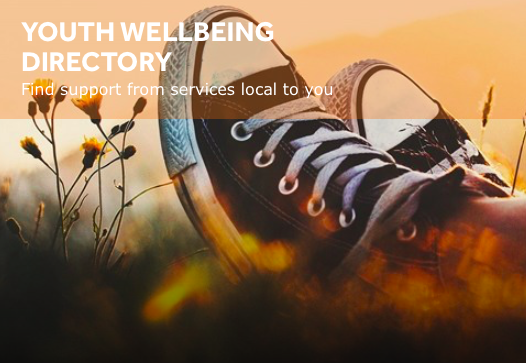
On My Mind
To help you make informed choices about your mental wellbeing , including a jargon buster and understanding treatments. Website hosted by Anna Freud Centre.
On My Mind from Anna Freud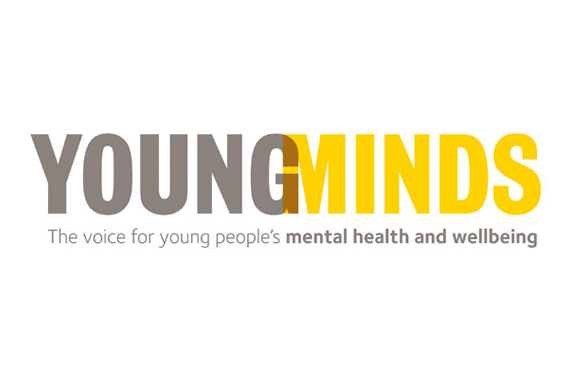
Young Minds
Charity which supports children and young people needing support with mental health, whether you’re just needing a boost or are already accessing services.
Young Minds
Self-care
Things you can do to help look after your own mental health. Hosted by the Anna Freud Centre.
Self-care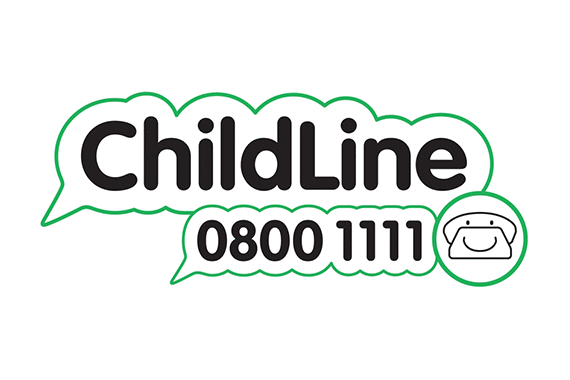
ChildLine
ChildLine is a free and confidential helpline. Call or go online for more information.
ChildLine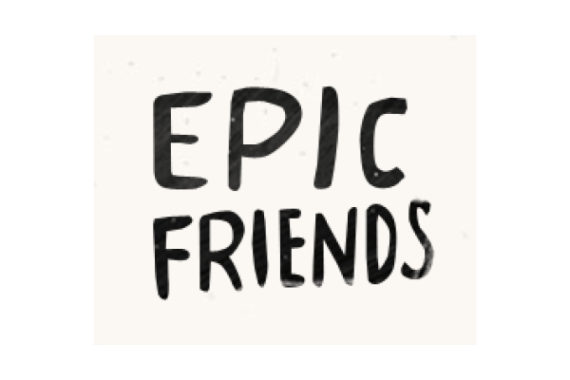
Epic Friends
This site is all about helping you to help your friends who might be struggling to cope emotionally
Epic Friends
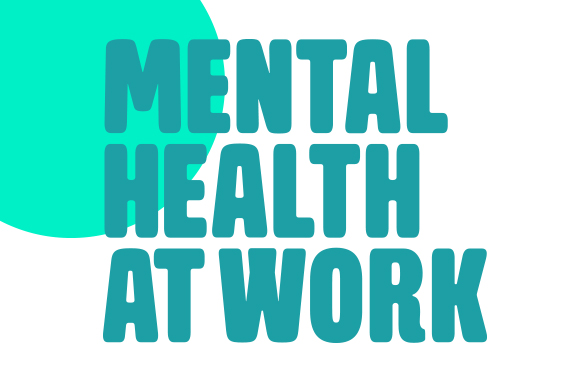
Mental Health at Work
Resources and information all about mental health in the workplace for employees and employers.
Mental Health at Work